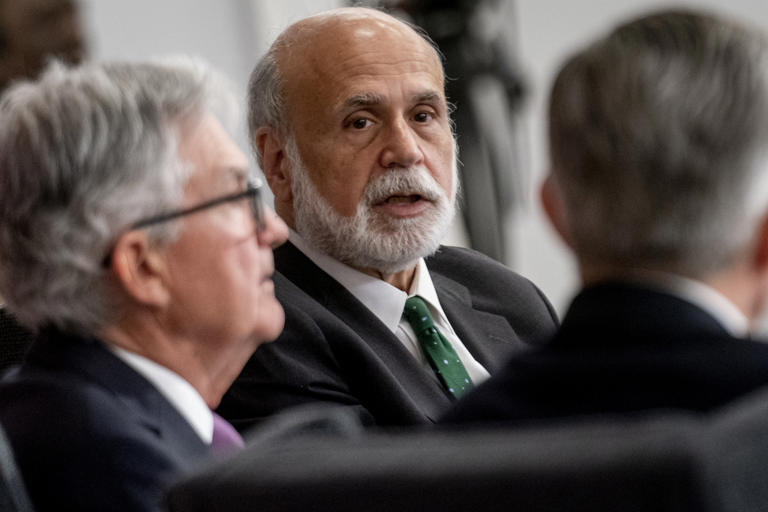The recent review of the Bank of England’s economic forecasting, conducted by Ben Bernanke, former Chair of the U.S. Federal Reserve, has uncovered “significant shortcomings” that demand urgent attention to enhance the accuracy of future interest rate decisions.
Bernanke’s assessment, initiated last year in response to mounting criticism of the Bank of England’s forecasting accuracy, highlighted systemic issues exacerbated by outdated software and insufficient resource allocation for maintenance. Despite acknowledging the challenges faced by central banks worldwide due to recent economic shocks, such as the COVID-19 pandemic and the geopolitical tensions arising from Russia’s invasion of Ukraine, Bernanke emphasized the pressing need for the Bank of England to modernize its forecasting infrastructure.
In light of Bernanke’s recommendations, which draw from his extensive experience navigating the global financial crisis during his tenure at the Federal Reserve, the Bank of England has committed to undertaking necessary reforms to address the identified shortcomings. Bank of England Governor Andrew Bailey characterized the review as a “once-in-a-generation opportunity” to update forecasting models and adapt them to the evolving economic landscape.
One key recommendation from the review is for the Bank of England to develop its own forecasts of future interest rates. This initiative aims to enhance the bank’s ability to anticipate inflationary trends and inform its monetary policy decisions effectively. In recent years, the bank has faced criticism for its perceived sluggishness in responding to surging inflation triggered by external factors such as the Russia-Ukraine conflict and post-pandemic supply chain disruptions.
Critics argue that delayed policy responses have exacerbated inflationary pressures, necessitating more aggressive interest rate hikes than initially anticipated. Consequently, the bank’s main interest rate has remained at 5.25% since August, contributing to subdued economic growth in the UK.
While higher interest rates have helped mitigate inflation to some extent, they have also dampened economic activity. The British economy has experienced minimal growth over the past year, with few economists forecasting significant improvement in 2024.
In summary, Bernanke’s review underscores the imperative for the Bank of England to modernize its forecasting models and processes to navigate the challenges of a volatile economic environment effectively. By implementing the recommended reforms, the bank aims to enhance its ability to make informed policy decisions and support sustainable economic growth.
